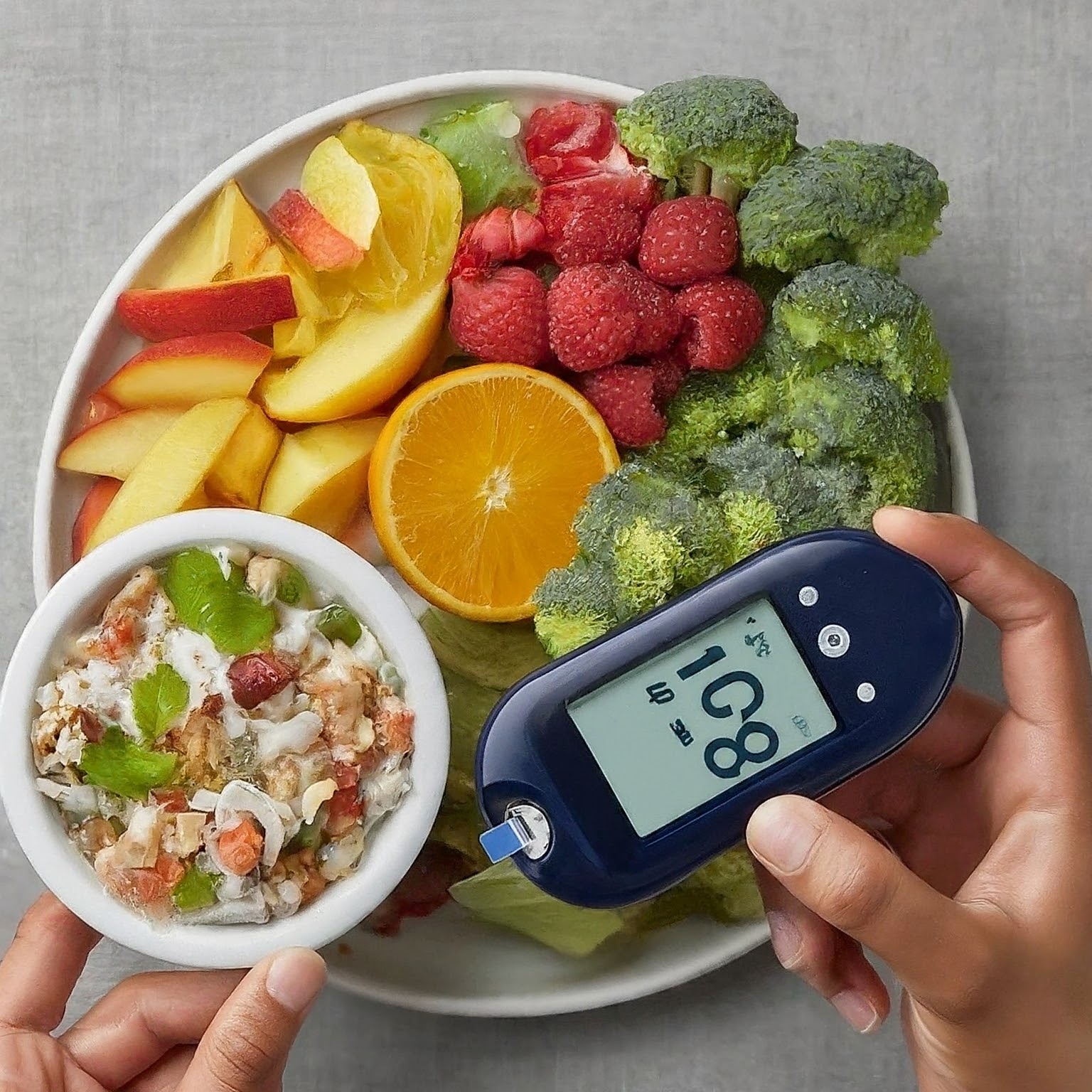Glucose: The Sweet Truth About Your Blood Sugar
Glucose, a type of sugar, is your body’s primary energy source. It’s vital for brain function, muscle movement, and overall well-being. However, maintaining the right glucose levels in your blood is crucial. Let’s dive into the importance of glucose, how it’s measured, and what the different levels mean for your health.
Why Glucose Matters
Your pancreas produces insulin, a hormone that helps transport glucose from your bloodstream into your cells for energy. When glucose levels are balanced, your body functions optimally. But when they fluctuate, it can lead to serious health problems like diabetes, heart disease, and nerve damage.
Measuring Your Glucose
There are two primary ways to measure glucose levels:
- Fasting Blood Sugar (FBS): This test measures your blood sugar after an overnight fast (usually 8 hours).
- A1C Test: This test provides an average of your blood sugar levels over the past 2-3 months.
What Are Normal Glucose Levels?
- Normal Fasting Blood Sugar: 70-99 mg/dL (3.9-5.5 mmol/L)
- Prediabetes: 100-125 mg/dL (5.6-6.9 mmol/L)
- Diabetes: 126 mg/dL (7 mmol/L) or higher on two separate occasions
- Normal A1C: Less than 5.7%
- Prediabetes: 5.7-6.4%
- Diabetes: 6.5% or higher
Understanding Your Glucose Levels
- High Blood Sugar (Hyperglycemia):
- Symptoms: Increased thirst, frequent urination, blurred vision, fatigue, slow-healing wounds.
- Causes: Uncontrolled diabetes, stress, illness, certain medications.
- Concerns: Long-term complications like heart disease, kidney damage, nerve damage, and blindness.
- Low Blood Sugar (Hypoglycemia):
- Symptoms: Shakiness, sweating, dizziness, hunger, confusion, irritability.
- Causes: Too much insulin, skipping meals, excessive exercise.
- Concerns: Loss of consciousness, seizures, and even death in severe cases.
Keeping Your Glucose in Check
Maintaining healthy glucose levels involves:
- Diet: Focus on whole grains, lean proteins, fruits, and vegetables.
- Exercise: Regular physical activity helps your body use insulin effectively.
- Weight Management: Being overweight or obese increases your risk of diabetes.
- Medication: If you have diabetes, follow your doctor’s prescribed medication plan.
- Regular Check-ups: Monitor your blood sugar levels as recommended by your healthcare provider.
Remember, this information is a general guide. It’s essential to consult with your doctor for personalized advice and treatment. By understanding your glucose levels and taking proactive steps, you can significantly improve your overall health and well-being.
Disclaimer: This blog post is intended for informational purposes only and does not constitute medical advice.




